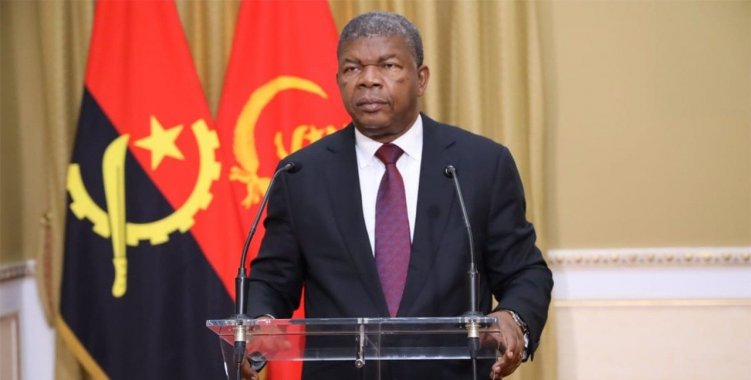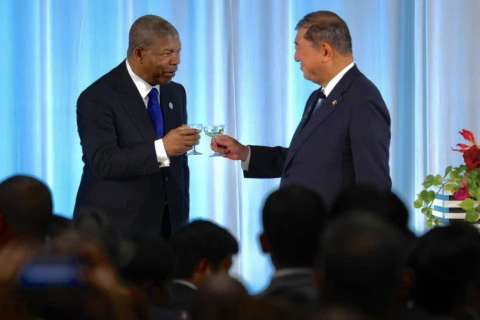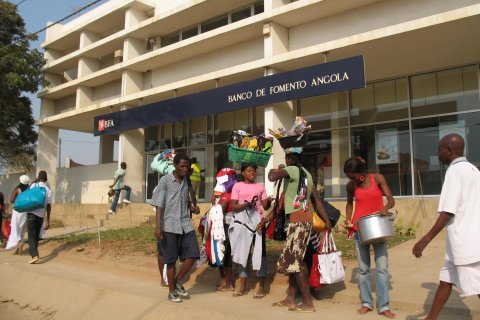João Lourenço's message addressed to the National Assembly, where this Friday the General State Budget (OGE) for 2023 was discussed in general, was read by the Minister of State for Economic Coordination, Manuel Nunes Júnior.
Discussions for approval of the OGE2023 proposal took up the whole morning and half of the afternoon, due to the large number of deputies who intervened in the debates, with the session being suspended to be resumed on Monday.
In his message, the President underlined that, in the last five years, Angola has achieved important successes with regard to its macroeconomic stability and that the country has started to present fiscal 'surpluses' since 2018, with the exception of the year 2020, due to the covid pandemic. -19.
"The transition from deficits to fiscal 'surpluses' has positively influenced the downward trend in public debt, which went from a ratio to Gross Domestic Product (GDP) of 133.8 percent in 2020 to 82.9 percent. percent, in 2021, estimating that in December 2022 it will have been 56.1 percent below the 60 percent threshold defined by the Public Finance Sustainability Law", said João Lourenço.
The head of state listed the positive points achieved in the stability of the Angolan economy in recent years, namely the adoption of a flexible exchange rate by the monetary authority, which made the exchange market stabilized and functioning normally, among other measures.
"The inflation rate in Angola, which in 2016 reached 41.12 percent, dropped to 16.9 percent in 2019, and due to the effects of the covid-19 pandemic it rose, in 2021, to 27. 03 percent. The most recent forecasts point out that the year 2022 ended with an inflation rate below 14 percent, that is, a lower rate than the one we had before the start of the pandemic", he stressed.
"The most important thing is that, in 2021, the country emerged from the period of economic recession in which it had been immersed since 2016 and Angola started to grow again. We will do everything in our power so that the country does not interrupt this moment of growth economy that we are living", he added.
According to the President, this is the key to solving the country's unemployment problems and the various social problems.
After a growth rate of 0.7 percent in 2021, estimates for 2022 pointed to a growth rate of 2.7 percent for last year and the most recent data indicate that the year will have closed with a higher than expected, around 3 percent, informed the President in his message.
According to João Lourenço, both in 2021 and in 2022, the growth rates of the non-oil sector were higher than those of the oil sector, stressing that "Angola is thus starting a new growth paradigm, which is based on the non-oil sector driven by entrepreneurship and the creativity of the private sector".
In the presentation of the OGE2023 proposal, the Minister of Finance, Vera Daves de Sousa, said that the document was made based on the average price of a barrel of oil of 75 dollars per barrel, a daily oil production of 1.18 million barrels and a rate of inflation of 11.1 percent.
Vera Daves de Sousa said that the outlook is for the economy to grow by 3.3 percent, influenced by the non-oil sector, for which growth of 3.42 percent is expected, and the oil sector, where growth of 2.0% is expected. 98 percent.
The minister underlined that the OGE2023 proposal presents a total revenue of around 20.1 billion kwanzas, of which 13.4 billion kwanzas are tax revenue and 6.6 billion kwanzas are financial revenue.







